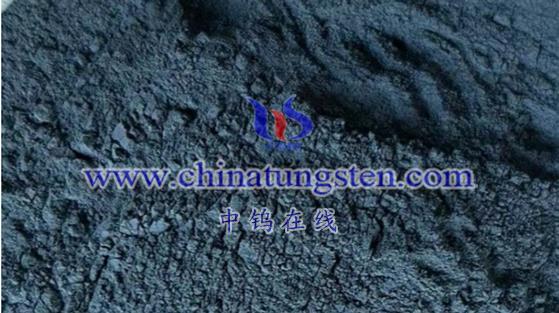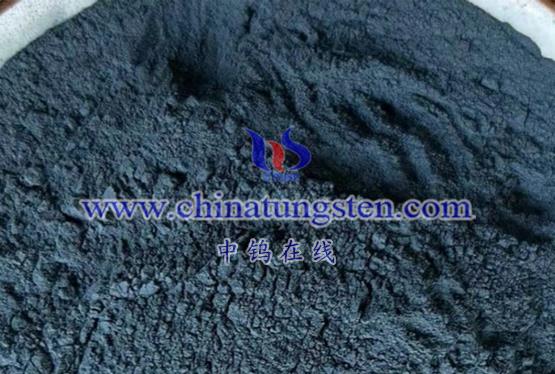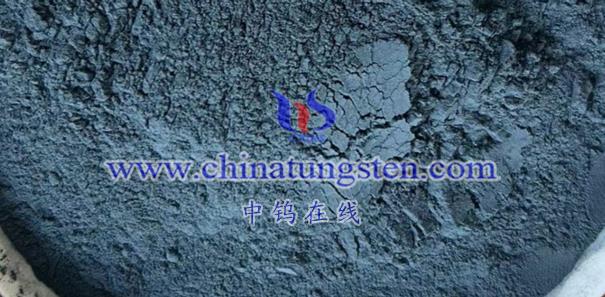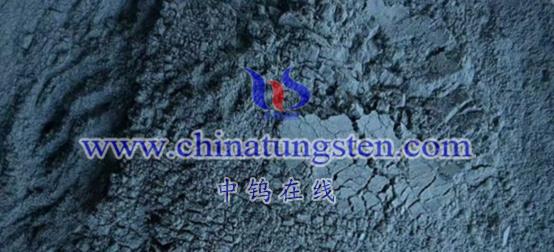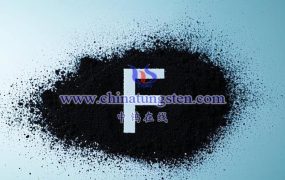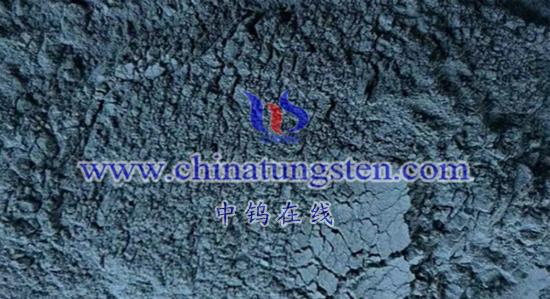
Tungsten bronze compounds have extensive applications due to their unique physical and chemical properties. Here’s a detailed overview of their primary uses:
- Energy Storage Materials
Tungsten bronze compounds are widely used as electrode materials in energy storage devices because of their excellent conductivity and ion migration properties. In supercapacitors and lithium-ion batteries, tungsten bronze serves as an anode material, offering high energy density and superior cycling stability.
- Optical Materials
In optics, tungsten bronze compounds are valued for their unique optical properties. Certain tungsten bronze compounds, such as CsxWO3Cs_xWO_3CsxWO3, have excellent near-infrared (NIR) absorption, making them ideal for heat-insulating coatings, window films, and other products that effectively block infrared transmission, enhancing the energy efficiency of buildings.
Tungsten bronze is also used in laser frequency doubling, electro-optical modulation, and optical information processing, providing vital materials support for advancing optical technology.
- Electrical Materials
The conductivity of tungsten bronze can be tailored by modifying its chemical composition, making it valuable in various electronic devices. For example, tungsten bronze thin films are used as transparent conductive electrodes in solar cells and liquid crystal displays.
Additionally, tungsten bronze is utilized in making resistors, capacitors, and other electronic components, playing a key role in the growth of the electronics industry.
- Catalytic Materials
Tungsten bronze has notable catalytic properties, enabling its use as a catalyst in chemical reactions. In petrochemicals, it can catalyze the oxidation of hydrocarbons, improving reaction efficiency and yield. It also acts as a degassing agent in fuel cells, removing impurities from the fuel and enhancing fuel cell performance.
- Other Applications
- Superconductivity: Certain tungsten bronze compounds exhibit low-temperature superconductivity, providing potential for developments in superconducting technology.
- Humidity Sensors: Tungsten bronze’s sensitivity to humidity makes it suitable for use as a sensing element in humidity sensors.
- Smart Glass and Photochromic Materials: Compounds like NaxWO3Na_xWO_3NaxWO3 (sodium tungsten bronze) find applications in smart glass, electrochromic devices, and photocatalytic materials due to their versatile properties.
In summary, tungsten bronze compounds have wide-ranging applications in energy storage, optics, electronics, catalysis, and other fields. As technology advances and the demand for new materials grows, the applications of tungsten bronze compounds are expected to expand further.
More details of tungsten oxide product, please visit website: tungsten-oxide.com
Please contact CHINATUNGSTEN for inquiry and order of tungsten oxide:
Email: sales@chinatungsten.com
Tel.: 86 592 5129595
